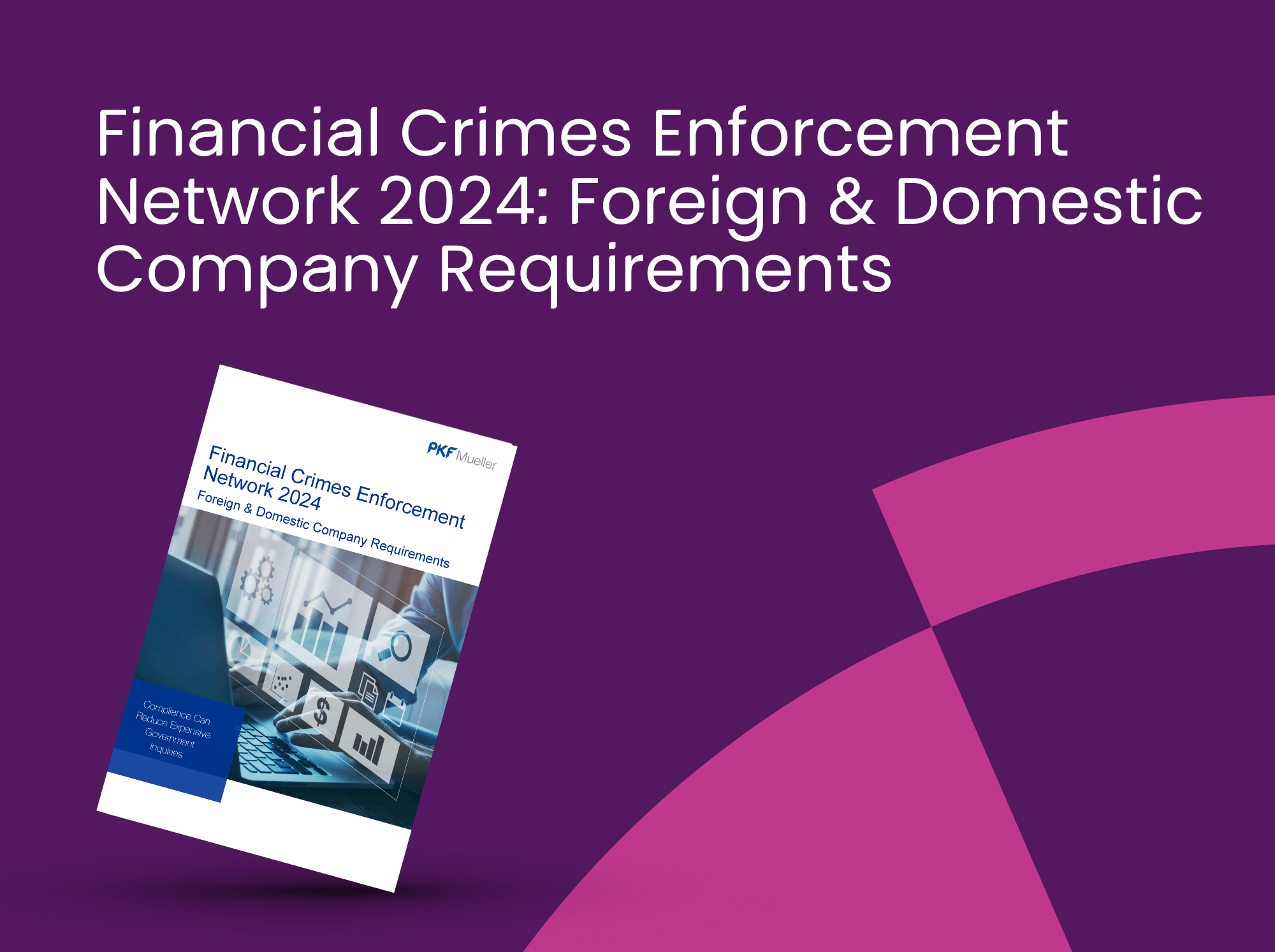Major new tariffs enacted by the United States and any tit-for-tat tariffs enacted by other countries threaten to have an immediate, material impact on the transfer pricing results of multinational companies. Because of a lack of recent experience with strong and escalating trade disputes involving significantly high tariffs, few companies are prepared to deal successfully with the transfer pricing implications.
General Background
A tariff, also referred to as a customs duty, is a tax on certain class of imported goods. In the U.S., tariffs are levied at the time of import and are paid by the importer of record. The tariff rate varies depending on the product classification, pursuant to the Harmonised Tariff System of the United States and by its country of origin. Companies will typically account for the tariff costs as part of the imported product’s cost in its cost of goods sold (COGS).
Impact on transfer pricing: which related party bears the tariff?
Based on the tariff rules, the importer of record bears initial responsibility for the tariff, and tariff costs would ultimately become part of the COGS of the importer. Unlike anti-dumping rules, no rule prevents the parties from contractually allocating the tariff costs in whole or in part among the parties to the transaction. However, if the parties are related, then the resulting arrangement must be at arm’s length.
Effect on comparability
Depending on the tested party and transfer pricing methodology, tariff treatment could raise comparability issues. For example, if the affiliated U.S. distribution company – the “tested party” for transfer pricing purpose is exposed to the new tariffs and the comparables are not, some adjustment to the arm’s length range may be appropriate. Such potential adjustments, however, are often difficult to quantify as detailed financial and transactional information on the comparables (e.g. home country of products purchased for resale) is simply not available.
Next Steps for Multinational Companies
The major new tariffs may trigger an immediate, material impact on the transfer pricing results of multinational companies. Many companies may not be prepared to deal effectively with the potentially substantial transfer pricing implications. The solutions to issues created by these tariffs are likely to require both customs and transfer pricing input.
If you believe the above measures may impact your business or require any advice with respect to US taxation, please contact David Slemmer at dslemmer@pkfod.com or call +1 646 965 7781.



